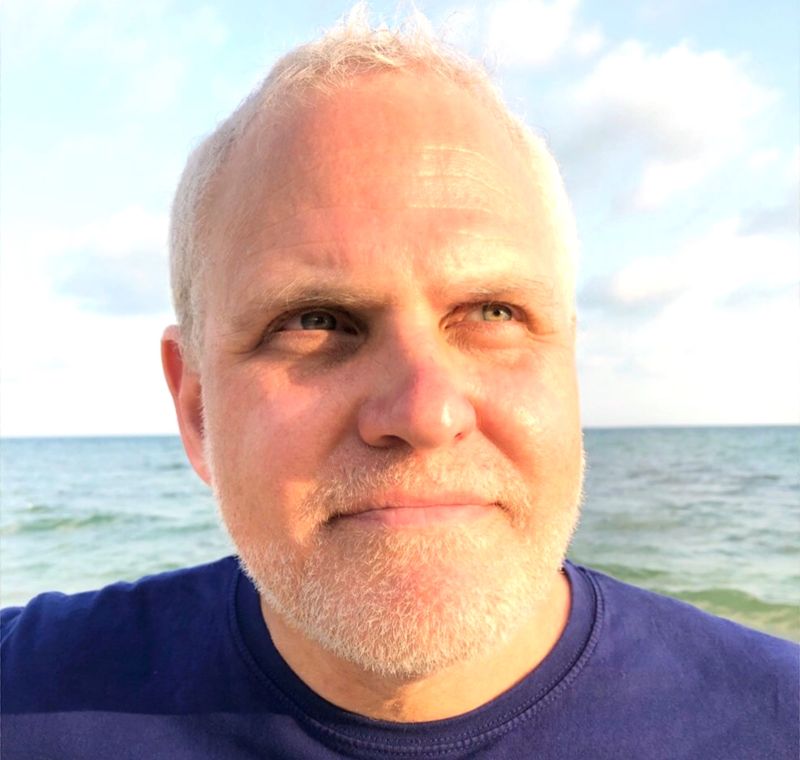 I woke up today feeling discouraged.
I woke up today feeling discouraged.
There are questions that continue to plague my mind.
Why are there still so many people trapped in situations of modern slavery?
Why are so few of the victims being rescued?
Are the counter-trafficking responders not doing their job?
Are we lazy?
Are we not working hard enough?
No, these are not the reasons.
People who work in this field are some of the most committed professionals you’ll ever meet. Most, like me, have been severely affected by the victims they have seen. We are all super committed.
Sadly, the answer to this question is more complicated.
With so much tremendous profit, criminals have powerful motivations to protect their businesses.
Unlike drug trafficking where a product is only used once and must be repeatedly moved to earn revenue; in human trafficking, once the victim is acquired, money begins to flow and continues to flow.
One reason for the minuscule impact of responders is that human trafficking and slavery issues continue to be variable and confusing to almost everyone dealing with them.
Unlike other criminal activity, there is not one single crime to focus on; it is often a collection of dozens of crimes that unfold over extended periods of time. To make sense of them, we package this ‘collection of broken laws’ under the heading of ‘human trafficking or modern slavery.'
There are definitions for what trafficking or modern slavery is and isn’t. Figuring out what falls under this category can be so frustrating that the police and the legal systems often don’t bother to try.
Another reason for the lack of progress is the number of people who are addressing the problem. While over 500,000 criminals are estimated to be involved in the buying and selling of people, there are only about 20,000 people globally who work full-time to address this heinous crime.
With greed as their motivation, many traffickers are incentivized to do whatever they can to earn as much as possible off the backs of their victims. They don’t have to follow rules or regulations. It’s clear that the counter-trafficking community is simply outgunned.
With so many people suffering, it can no longer be business as usual. We must all come together as a world and take a stand to help them. Governments, the UN, NGOs, corporations and banks, schools, and the general public must all work together to make this happen.
What can be done to increase the number of victims helped? Can this problem really be solved?
For me, the answer is a resounding ‘yes’.
But for this to happen, we have to do things much differently. We must put in place a second-generation model of thinking. We have to shift from relying solely on the limited capabilities of the counter-trafficking community to asking everyone to play a role.
Are you willing to step up and help? Be a part of the solution!
=-=-=-=-=-=-=-=-=-=

